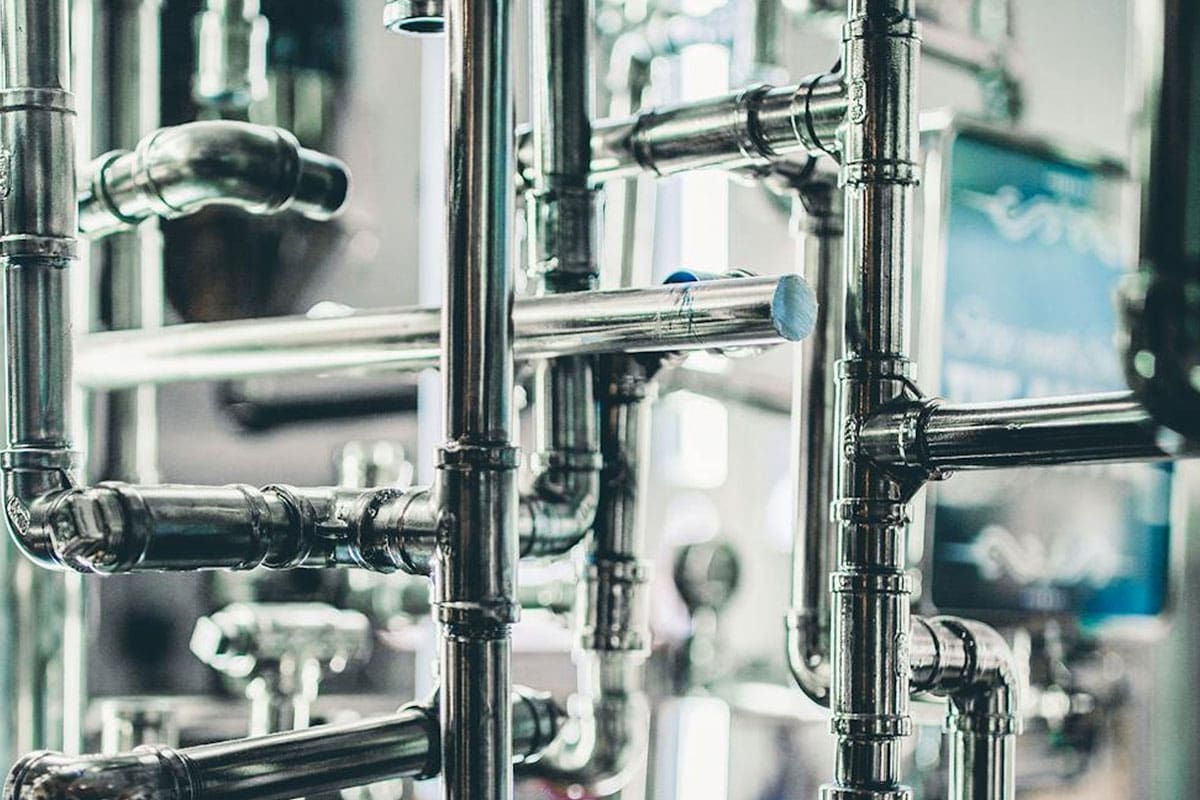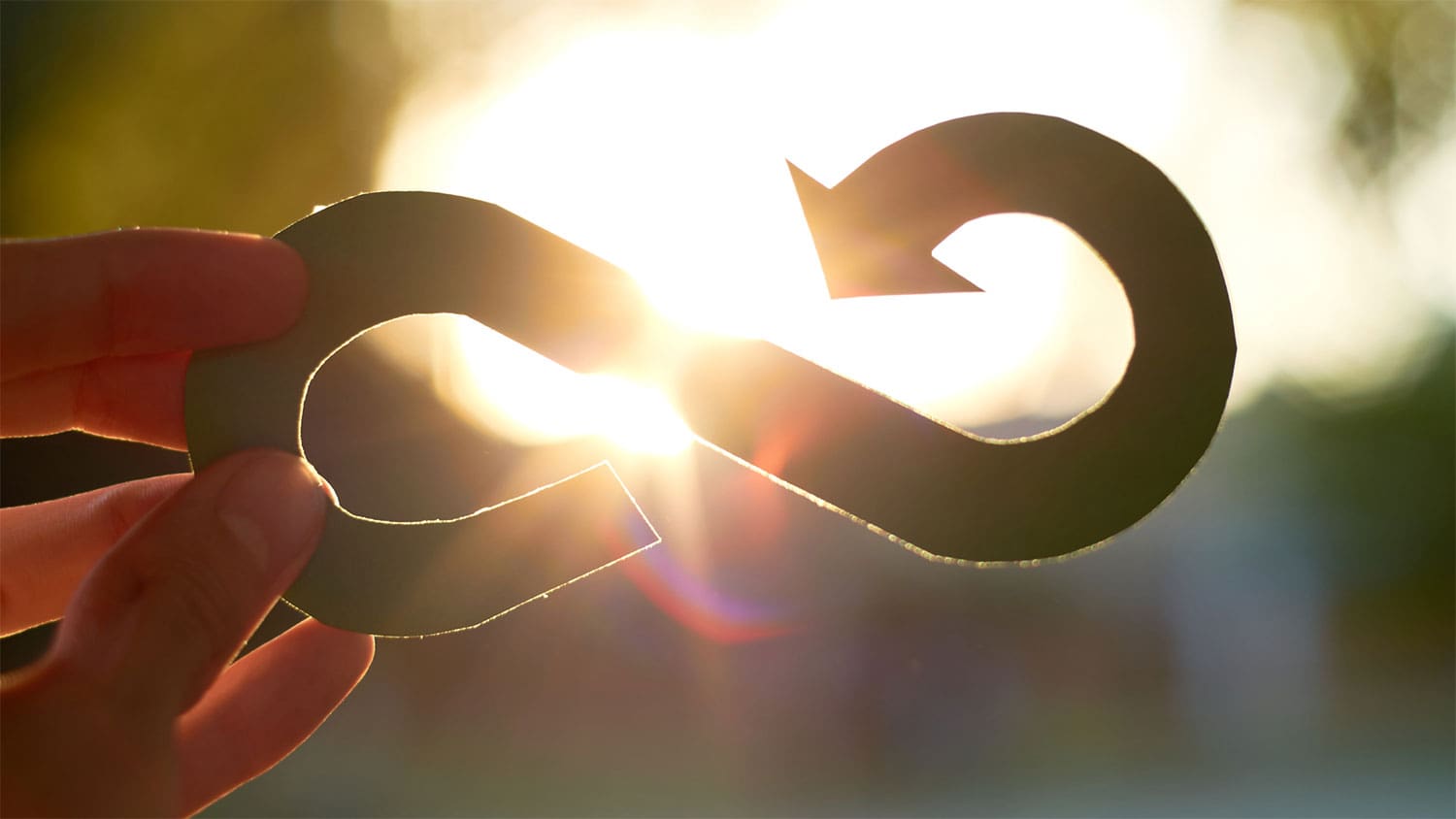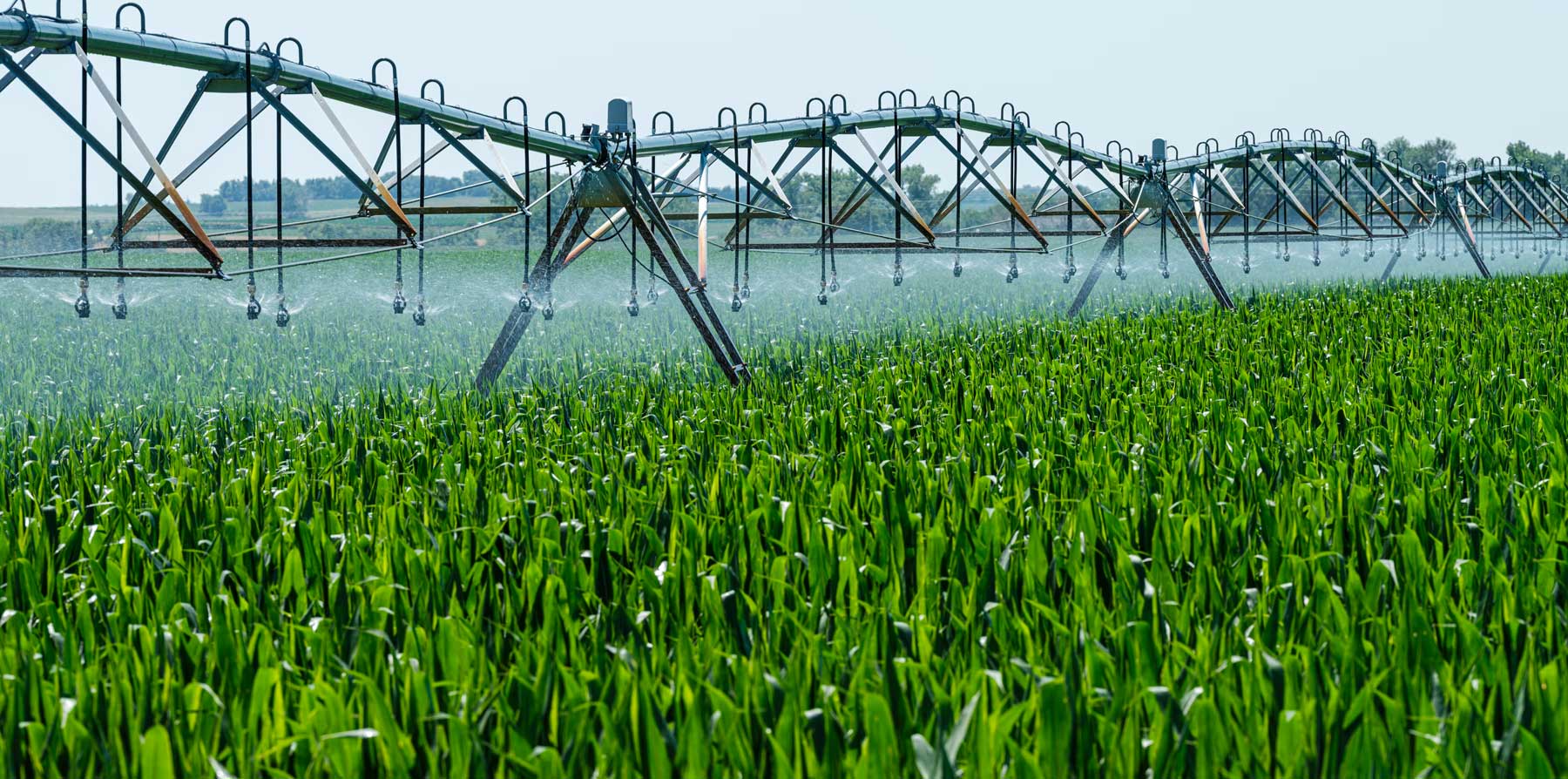
Even simple changes can make a big difference to your water usage
Water plays a key role in the global effort to be more sustainable. With fears regarding the climate crisis mounting every year, businesses across all sizes and sectors have a responsibility to put green goals into practice, and this includes managing water usage.
Implementing sustainable water habits can feel like a mammoth task however, especially when trying to fit them around the never-ending daily to-do list.
But water management doesn’t have to be complicated. Even simple, seemingly small changes can make a significant difference to how much water your business consumes, and what impact this has on the health of the planet.
And we’re here to help. Let’s take a look at some simple sustainable water habits you can put into practice.
Conduct regular water audits
The first step towards true sustainability is understanding your business’s environmental impact, and this includes your water usage. Regular water audits can help identify areas where water is wasted, as well as opening up opportunities for conservation. According to Waterwise, businesses can reduce their water usage by up to 30% through effective audits and implementing recommended changes, so the effort is definitely worth the potential environmental and financial benefits.
Install water-efficient fixtures
Businesses can significantly reduce their water consumption by upgrading to water-efficient fixtures, such as low-flow taps and dual-flush toilets. The Water Regulations Advisory Scheme (WRAS) states that these fixtures can save businesses up to 50% of their water usage in the long term. You can also go one step further by installing sensor-operated taps and automatic shut-off valves, as these can effectively minimize waste by ensuring water is only used when necessary.

Implement rainwater harvesting systems
Rainwater harvesting is another effective way to reduce dependency on mains water supply. It involves collecting and storing rainwater for non-potable uses such as irrigation, toilet flushing, and cleaning. By doing so, businesses can cut their water consumption considerably. In fact, the Environment Agency estimates that rainwater harvesting systems can reduce mains water usage by up to 40%.
Educate and engage employees
Sustainability should be a group effort, so employee engagement is crucial for the success of any sustainability initiative. Conducting regular training sessions and workshops on water conservation can foster a culture of green enthusiasm within the workplace. Encourage employees to integrate simple daily habits like reporting leaks, turning off taps, and suggesting water-saving ideas.

Monitor and repair leaks promptly
While reducing the amount of water you do use, you should also take steps to reduce the amount of water that goes to waste. Undetected leaks can result in significant water waste and increased costs as, according to Thames Water, a single dripping tap can waste over 5,000 litres of water annually. Implementing a routine inspection schedule and promptly repairing leaks can prevent such wastage. Smart water meters can also aid in early detection of leaks, allowing for quick intervention.
Use water-efficient landscaping practices
Businesses with outdoor spaces should look to adopt water-efficient landscaping practices as an essential means of water sustainability. Even something as simple as choosing native, drought-tolerant plants and using mulch can reduce the need for frequent watering, and this can reduce outdoor water usage by as much as 60%, according to The Royal Horticultural Society (RHS).
Recycle and reuse water
Like waste, water can – and should – be recycled and reused. Implementing water recycling systems can significantly reduce the demand for fresh water in your business. Greywater recycling, which involves treating and reusing wastewater from sinks, showers, and other sources, can be used for irrigation, cooling, and toilet flushing. This can save you significant amounts of potable water, lowering both your carbon footprint and your costs.
Leverage technology
As technology advances, new smart solutions are revealing themselves to make true sustainability more achievable. Advancements in water technology offer numerous opportunities for better conservation. Smart irrigation systems, for example, use weather data and soil moisture sensors to optimise watering schedules, ensuring water is used efficiently. Meanwhile, water management software can provide real-time data and analytics, helping businesses track usage and identify areas for improvement.

Contact Everflow today!
At Everflow, our goal is to make your utilities simpler. We ensure you get great-value contracts that are tailored to your needs and easy to manage.


